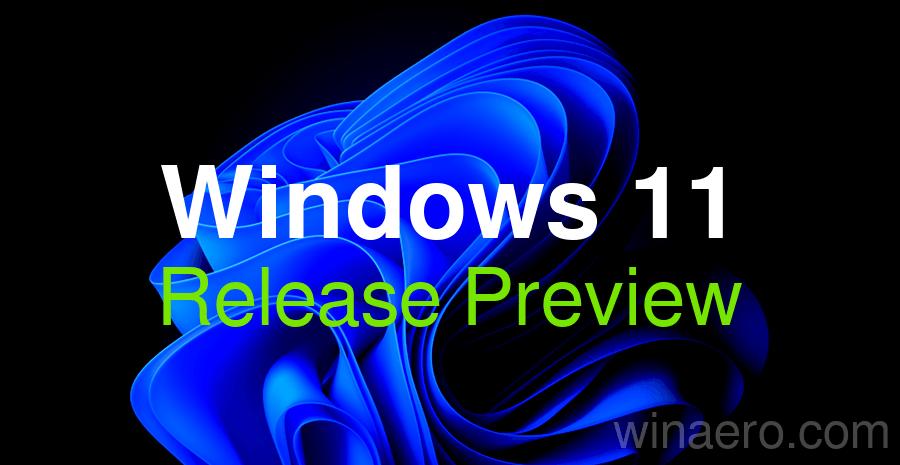In addition to the Beta channel update, Microsoft has also released a new build to Insiders running the OS in the Release Preview. They are getting Windows 11 Build 22000.2121 with KB5027292, that applies to the original release (21H2). Here are the changes.
What's new in Windows 11 Build 22000.2121
This latest update enhances Microsoft Defender for Endpoint with numerous new features and enhancements. More details can be found on the Microsoft Defender for Endpoint website.
Additionally, the update improves the Microsoft Pinyin Input Method Editor (IME) and a few simplified Chinese fonts to support GB18030-2022, allowing for the input and display of characters from conformance levels 1 and 2. The additions to Microsoft Yahei, Simsun, and Dengxian enable this functionality. Furthermore, the update now supports Unicode Extensions E and F in the Simsun Ext-B font, which satisfies level 3 requirements.
Advertisеment
The Default Terminal settings have been updated to include a new default option called "Let Windows Decide".
Fixes
- This update addresses an issue that affects Narrator. The issue stops Narrator from retaining your scan mode when you switch between browsers.
- This update addresses an issue that affects Microsoft Intune push notifications. The issue stops devices that have less than 3.5 GB of RAM from getting them.
- This update addresses an issue that affects the on-screen keyboard. The issue stops it from opening after you lock the machine.
- This update addresses an issue that affects Narrator. It reads the wrong state when you cancel the selection of an option button you have selected.
- This update addresses an issue that affects a scheduled monthly task. It might not run on time if the next occurrence happens when daylight savings time occurs.
- This update addresses an issue that affects certain applications that use IDBObjectStore. They do not work in Microsoft Edge and IE mode.
- This update addresses an issue that affects all the registry settings under the Policies paths. They might be deleted. This occurs when you do not rename the local temporary user policy file during Group Policy processing.
- This update affects the Desktop Window Manager (DWM). It improves its reliability.
- This update addresses an issue that affects .msi files. A minor update is not installed. This occurs when you use the EnterpriseDesktopAppManagement configuration service provider (CSP) to distribute the .msi file.
- This update addresses an issue that affects msftconnecttext.net. It gets excessive HTTP traffic.
- This update addresses an issue that affects the Spooler service. It stops working. This issue occurs when you print using a certain workspace.
- This update addresses an issue that affects the Network Protector for BitLocker. It will not resume after it has been suspended.
- This update addresses an issue that affects a tib.sys driver. It does not load. This occurs when HyperVisor-protected Code Integrity (HVCI) is enabled.
- This update addresses an issue that affects TextInputHost.exe. It stops working.
- This update addresses an issue that affects Azure Virtual Desktop and Windows 365 users. You might not see the right location for a Remote Desktop session in your virtual machine or Cloud PC.
- This update addresses an issue that affects HKCU\Software\Microsoft\Windows\CurrentVersion\Explorer\User Shell Folders. You can now set and maintain the correct default permissions for this directory path. When the permissions are wrong, Start menu, search, and Azure Active Directory (Azure AD) authentication fails.
- This update addresses an issue that affects those who enable the “Smart Card is Required for Interactive Logon” account option. When RC4 is disabled, you cannot authenticate to Remote Desktop Services farms. The error message is, “An authentication error has occurred. The requested encryption type is not supported by the KDC.”
Source: Microsoft
Support us
Winaero greatly relies on your support. You can help the site keep bringing you interesting and useful content and software by using these options:
